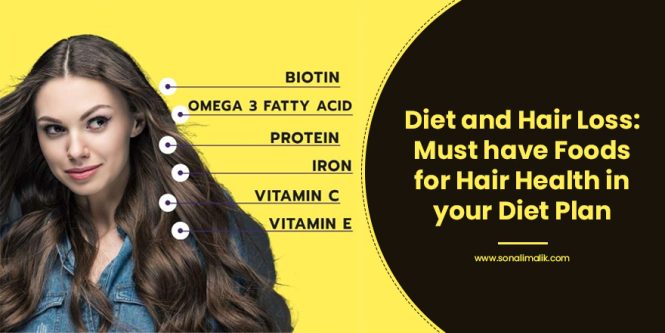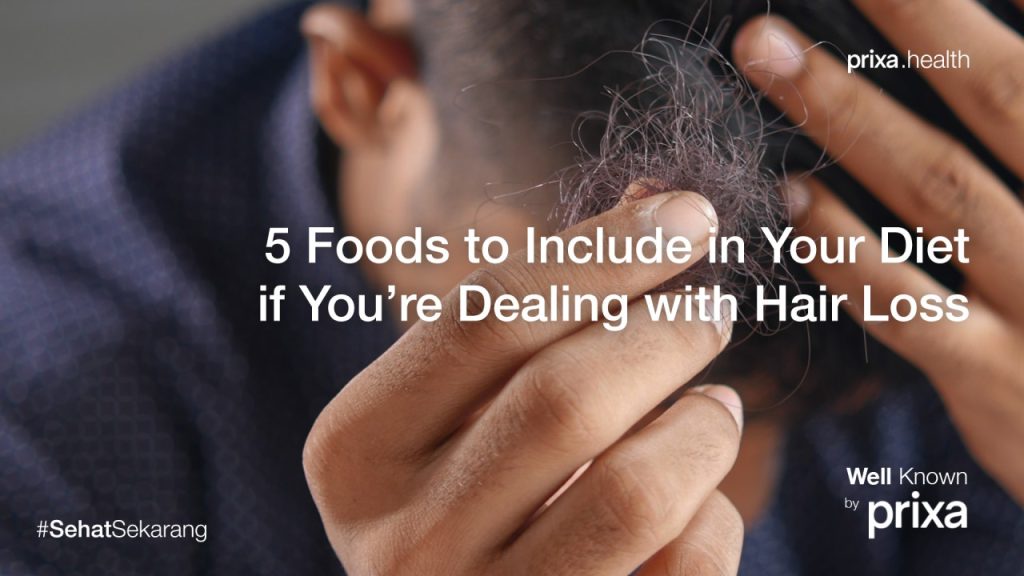

The Best Hair Loss-Fighting Foods to Add to Your Diet is crucial for maintaining strong, healthy hair. Hair loss, a common concern for many, often stems from deficiencies in essential nutrients. This guide delves into the world of nutritious foods that can combat hair loss, promote hair growth, and improve the overall health of your hair. We’ll explore a variety of nutrient-rich foods, highlighting their crucial roles in preventing and reversing hair loss. This article is structured to cover the key nutrients and foods, providing practical tips and actionable advice for boosting your hair health. We will explore the nutritional building blocks that contribute to healthy hair growth and examine specific food sources rich in these essential components.
Protein Powerhouses for Hair Health
Essential Amino Acids for Growth
Protein is fundamental to hair growth, providing the building blocks for hair follicles. Essential amino acids, like cysteine, methionine, and lysine, play a vital role in producing keratin, the primary protein in hair. Consuming protein-rich foods like lean meats, poultry, fish, eggs, and dairy products can ensure your body gets adequate amounts of these essential nutrients. Furthermore, plant-based proteins from legumes, nuts, and seeds can also contribute to hair health. Incorporating a variety of protein sources ensures a balanced intake of amino acids necessary for optimal hair growth. The consumption of protein ensures your body has enough material to build new hair follicles and maintain your existing ones, ultimately leading to healthier, stronger hair.
Protein-Rich Foods in Your Diet
Including protein-rich foods in your diet is essential in supporting strong, healthy hair. These foods not only provide the building blocks for hair but also contribute to overall health and well-being. Protein is particularly important in promoting the production of keratin, which is a fibrous protein that forms the structural foundation of hair follicles. Lean meats, such as chicken and turkey, are excellent sources of protein, offering a significant amount of essential amino acids. Seafood, a rich source of protein, provides essential fatty acids, vitamins, and minerals essential to hair health. Eggs are another fantastic source of protein and contain essential nutrients like biotin, zinc, and iron.
In addition to animal protein sources, plant-based options like lentils, beans, and nuts also contribute to protein intake. Including these foods in your daily diet provides a balanced approach to maintaining healthy hair, ensuring you are consistently supplying the necessary building blocks for hair growth.
The Importance of Iron and Zinc
Iron for Oxygen Transport
Iron is crucial for transporting oxygen throughout the body, including to the hair follicles. Adequate iron intake is vital for hair growth. Iron deficiency can lead to hair loss or thinning. Iron-rich foods such as red meat, spinach, and lentils are excellent sources of this essential mineral. Iron deficiency is a relatively common nutritional deficit that can significantly impact hair health. Understanding the importance of sufficient iron intake in your diet is essential to maintaining healthy, robust hair.
Healthy Fats for Hair Structure
Essential Fatty Acids
Healthy fats, particularly omega-3 and omega-6 fatty acids, are essential for maintaining the structural integrity of hair. These fats contribute to hair elasticity and shine. Sources of these essential fatty acids include fatty fish, avocados, nuts, and seeds. Incorporating foods rich in essential fatty acids can significantly improve the quality and appearance of your hair, ensuring it maintains its healthy luster. Omega-3 fatty acids play a critical role in promoting hair health and supporting overall well-being.
The Role of Vitamins and Minerals
Biotin and Other Important Nutrients
Vitamins and minerals play a vital role in hair growth and overall health. Biotin, for example, is crucial for hair growth and strength. It’s found in foods like eggs, sweet potatoes, and almonds. Zinc, another essential mineral, supports hair follicle health. Foods rich in zinc include oysters, beef, and pumpkin seeds. Other vital nutrients like vitamin C, vitamin E, and vitamin D also contribute to hair health. These vitamins and minerals work synergistically to promote hair growth and strengthen its structure, ensuring your hair remains vibrant and healthy.
Foods Rich in Vitamins and Minerals
Various foods provide these important vitamins and minerals. Leafy green vegetables, such as spinach and kale, are excellent sources of vitamin A, vitamin C, and vitamin E. Eggs and dairy products supply essential minerals like iron and zinc. Furthermore, fruits like berries, citrus fruits, and bananas contribute important vitamins and antioxidants, strengthening hair from the inside out.
Hydration and Hair Health
Water’s Impact
Staying hydrated is essential for overall health, including hair health. Water is vital for transporting nutrients to the hair follicles and keeping them hydrated. Dehydration can lead to brittle, dry, and dull hair. Aim for 8 glasses of water per day to maintain adequate hydration and promote healthy hair growth.
Frequently Asked Questions
What are the best foods to prevent hair loss?
Consuming a balanced diet rich in protein, iron, zinc, healthy fats, vitamins, and minerals is essential for preventing hair loss. Foods like lean meats, fish, eggs, legumes, nuts, seeds, leafy greens, and fruits are excellent choices. These foods provide the essential building blocks and nutrients for healthy hair growth and prevent nutrient deficiencies that can contribute to hair loss. For example, protein provides essential amino acids, while iron and zinc support oxygen transport and hair follicle health. Incorporating these nutrient-rich foods into your daily diet is key to maintaining healthy, vibrant hair.
What are some of the signs of hair loss and what can you do?
Signs of hair loss can vary, ranging from noticeable thinning to significant hair shedding. Regular hair loss is a normal process; however, excessive hair loss can indicate underlying health issues or nutrient deficiencies. Addressing potential causes of excessive hair loss is crucial. Consult a healthcare professional for a proper diagnosis and personalized recommendations if you experience significant hair loss. Furthermore, incorporating hair-loss fighting foods into your diet, as described in this article, can be a valuable approach in promoting hair growth and preventing further loss.
In conclusion, incorporating hair loss-fighting foods into your diet is a crucial step towards promoting healthy hair growth and overall well-being. By understanding the nutritional needs of your hair and choosing the right foods, you can effectively address hair loss and encourage a stronger, healthier mane. Remember to consult with a healthcare professional for personalized advice, especially if you are experiencing significant hair loss or have underlying health conditions. A balanced diet, rich in essential nutrients, combined with a healthy lifestyle, is key to maintaining robust hair health. Prioritize consuming a variety of nutrient-rich foods to keep your hair strong and luscious.